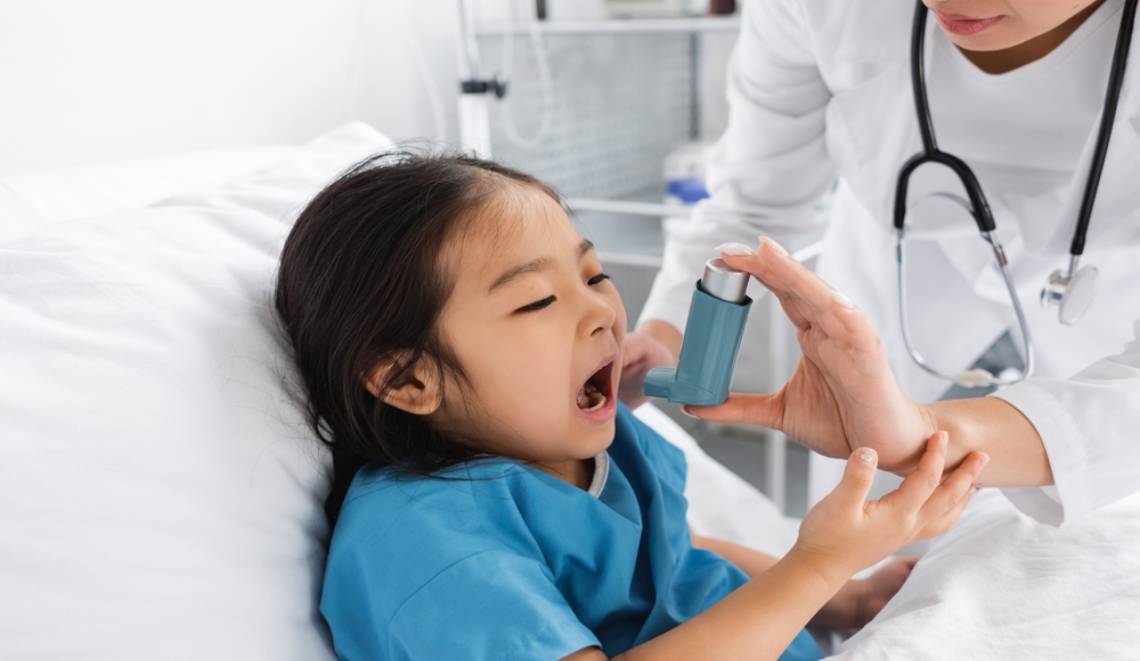

Asthma can be controlled but not cured. In young children, it may be hard to diagnose because it gets difficult to tell whether a child has asthma or any other condition due to the symptoms being similar.
Depending on your child’s age, pediatric asthma can have different causes and symptoms. For children suffering with asthma, it is one of the most common causes of missed school days as the airway condition disrupts sleep, difficulty in playing and other activities. If you are looking for proper treatment and relief, asthma clinics Houston can provide personalized care and expert guidance.
Asthma is a chronic (ongoing) disease, causing inflammation in the lungs, resulting in coughing, wheezing and difficulty in breathing. These symptoms occur because a child’s already small airways get inflamed by the illness.
Severe asthma programs for children, as well as, advanced practice providers have detailed knowledge of assessing and treating children with asthma. Working with parents, young kids can avoid triggers, stay active, maintain a healthy body weight, and manage their asthma throughout their childhood.
Every child experiences asthma differently, but common signs include:
It doesn't take long for asthma symptoms to become serious. Call the helpline immediately or go to the nearest ER if your child is experiencing severe wheezing, coughing, difficulty breathing, blue lips or fingernails, or loses consciousness. These serious symptoms can possibly be life-threatening and may not respond to a rescue inhaler.
As children grow older, they often overcome their asthma. Until then, the greatest defense against their asthma attacks is to lower the risk. The following are some of the most effective methods to achieve that:
Obesity raises the risk of asthma in children by 20%, so maintaining a healthy weight can help minimize that risk. A sedentary lifestyle is a major cause of obesity, which makes breathing difficult. Also, limiting exercise can result in obesity-related health issues such as high blood pressure and type 2 diabetes.
To reduce the chance of an exercise-induced asthma attack, make sure your child takes their prescription medications and warms up beforehand. However, most asthma patients can safely engage in sports and exercise, but fear of an attack can cause anxiety. In addition, the asthma clinics in Houston provide physical therapy to help patients exercise in a controlled setting. So, families should develop a strategy that can allow their child to be active with the help of a physician.
You are your child's strongest supporter as a parent. By working together, parents, healthcare providers, and schools can bring notice to improve the air quality and filthy living conditions with state officials. Furthermore, discuss allergy and lung function testing with a pediatric pulmonologist or allergist if your child is experiencing symptoms of asthma or allergies. The ultimate goal is to help them feel like active children once more, rather than feeling isolated from the outside world.